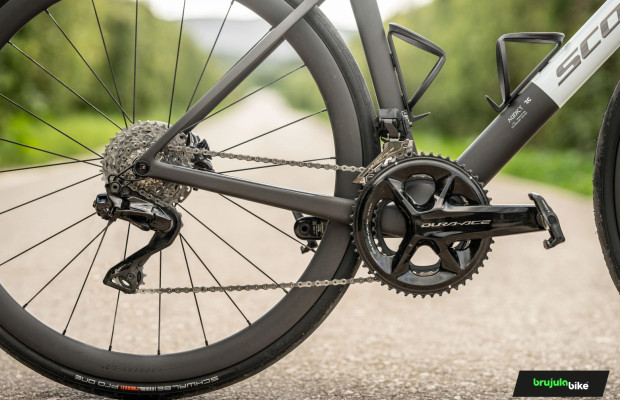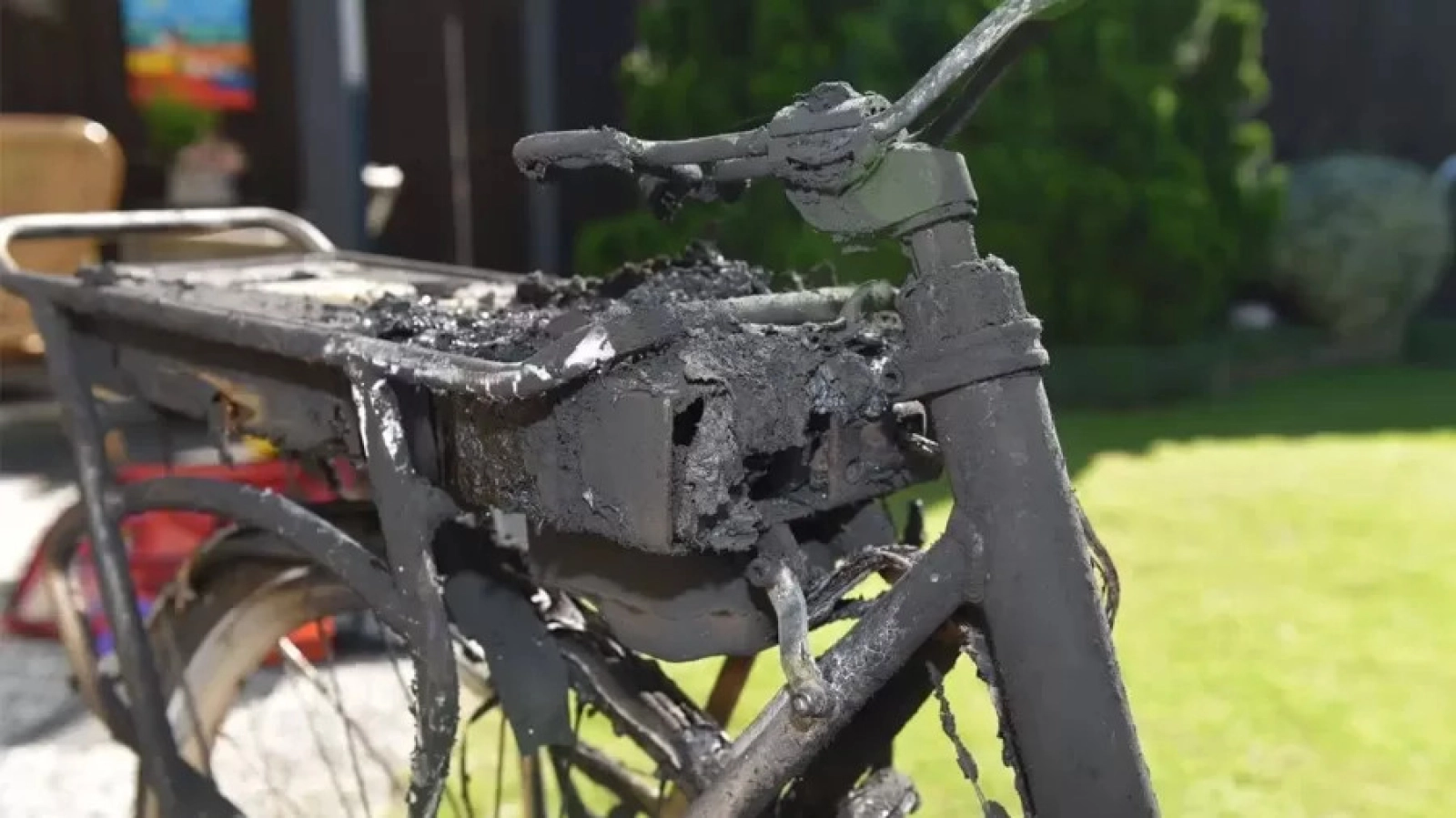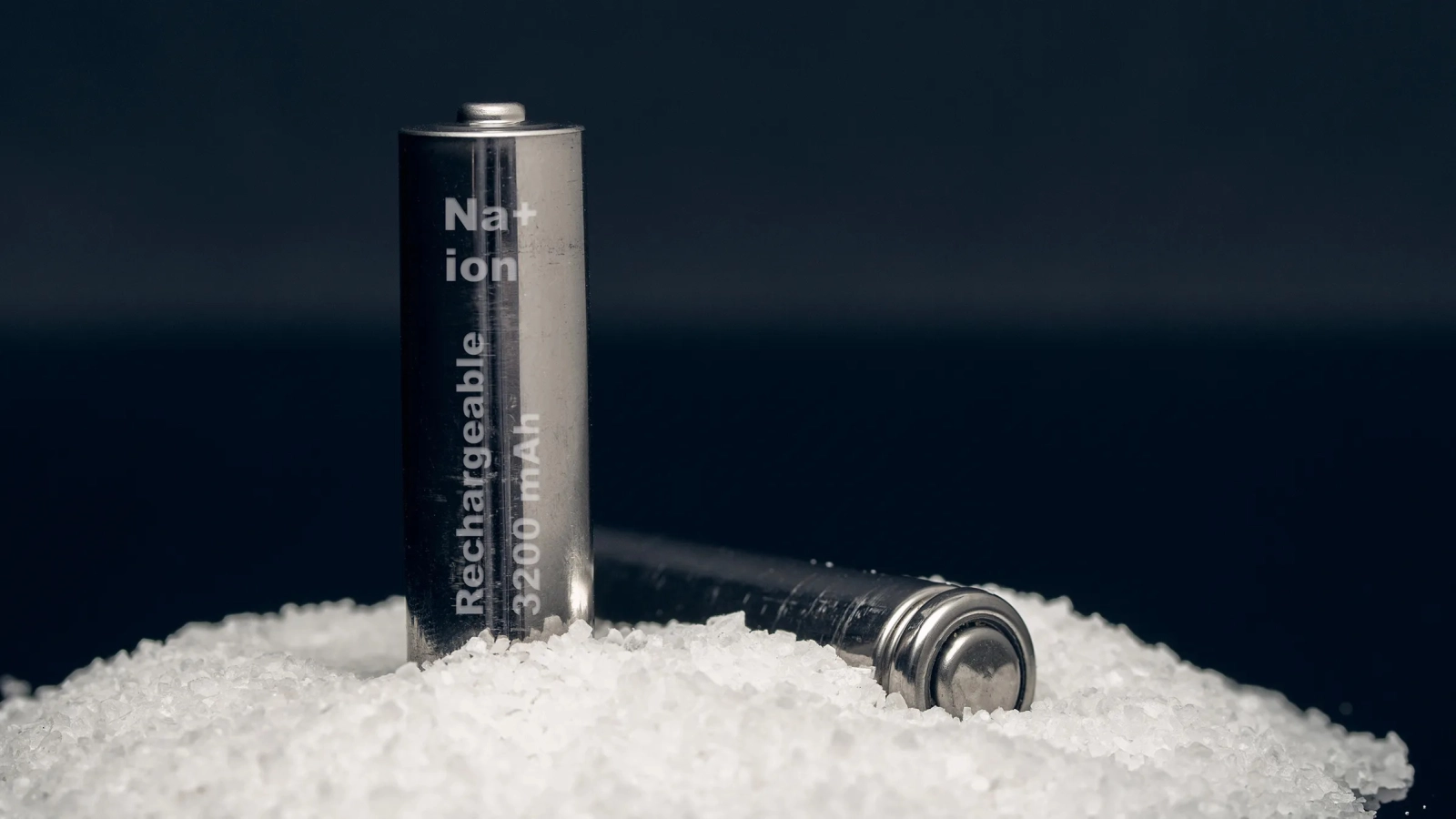China is replacing eBikes with lithium batteries with safer lead-acid ones
In the midst of the trade war over tariffs between the U.S. and China, where batteries produced in the Asian country, essential for electric mobility, are part of the reason for these hostilities, a bewildering piece of news emerges. And it is that China has just launched a campaign to encourage its citizens to replace their bikes with lithium batteries with other models that use lead-acid batteries, the technology of a lifetime.

Safety forces China to regress in electric bicycle technology
When we first heard the news, we thought it was one of the many rumors circulating on the internet, fueled by detractors of electric vehicles including eBikes. However, it is a real piece of news and the Chinese Ministry of Commerce is promoting the replacement of electric bikes with models using lead-acid batteries.
Behind this surprising policy change lies the safety of lithium batteries, which have been called into question lately due to the numerous fires that have been occurring worldwide and affecting electric bikes and scooters.
RECOMENDADO

What are nitrates and why will they give you an extra boost in your performance on the bike?

How to wash your bike at a gas station without ruining it

Tips for staying motivated to go out riding when cold, rain or night lurk

How to choose the right crankset and cassette: a guide to find the right ratio and extend the life of your bike

Can I go cycling with the flu or a cold?

He invented the idea of jumping over the planks, which earned him a World Championship against Van der Poel
This problem has led cities like New York to even consider banning this type of vehicles and is also spreading to various European cities.
It is worth noting that electric bikes marketed in Europe have passed all necessary checks to ensure their safe use and charging. However, in many cases, it is the users themselves who use batteries of dubious origin or make modifications or repairs to the batteries which, at times, lead to fires that, in the case of lithium ion fires, are extremely virulent and difficult to extinguish.

Faced with this problem, China has decided to take drastic measures and promote the return to lead-acid batteries, the traditional technology used by most cars. These batteries are inherently safer, cheaper to produce, and easily recyclable.
On the other hand, lead-acid batteries have lower energy density, meaning a larger and heavier battery is needed to achieve the same capacity. Additionally, their lifespan is shorter than lithium batteries, so they will need to be replaced more frequently.
Meanwhile, research in the field of batteries continues and currently, the most promising technology seems to be sodium-ion batteries, which, on one hand, use a tremendously abundant raw material such as sodium, in fact, common table salt contains sodium ions.

However, sodium-ion battery technology is still in full development and at the moment, despite the lower cost of raw materials, their production is excessively expensive, precisely the direction in which the development of these batteries is heading in order to produce them much more economically.
For now, no other country has chosen to follow China's path and restrict the use of lithium batteries in electric vehicles.